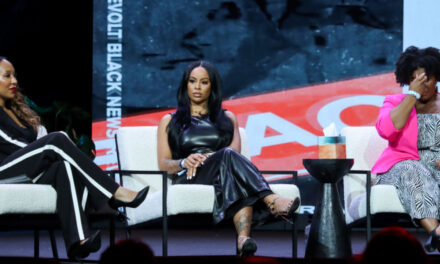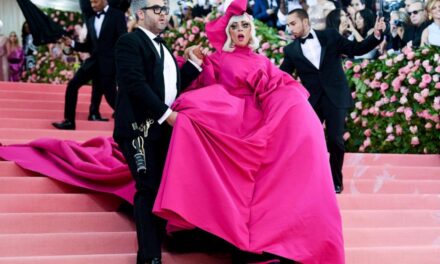When it comes to hair growth, biotin is one of the most talked about topics in the beauty world. But does it actually work? We asked dermatologists and hair experts for their take on this water-soluble B vitamin that is often found in our favorite foods, hair products and supplements.
The results are in! We’ll discuss their insights on biotin and whether or not it can help promote hair growth and a healthy scalp. Read on for tips and suggestions from Dr. Elaine F. Kung, MD, FAAD, board-certified dermatologist and founder of Future Bright Dermatology, Dr. Enrizza P. Factor, dermatologist and writer at My Eczema Team, and Ghanima Abdullah, hair expert and cosmetologist at The Right Hairstyles.

Every Successful Woman Needs One Of These Stylish Work Bags
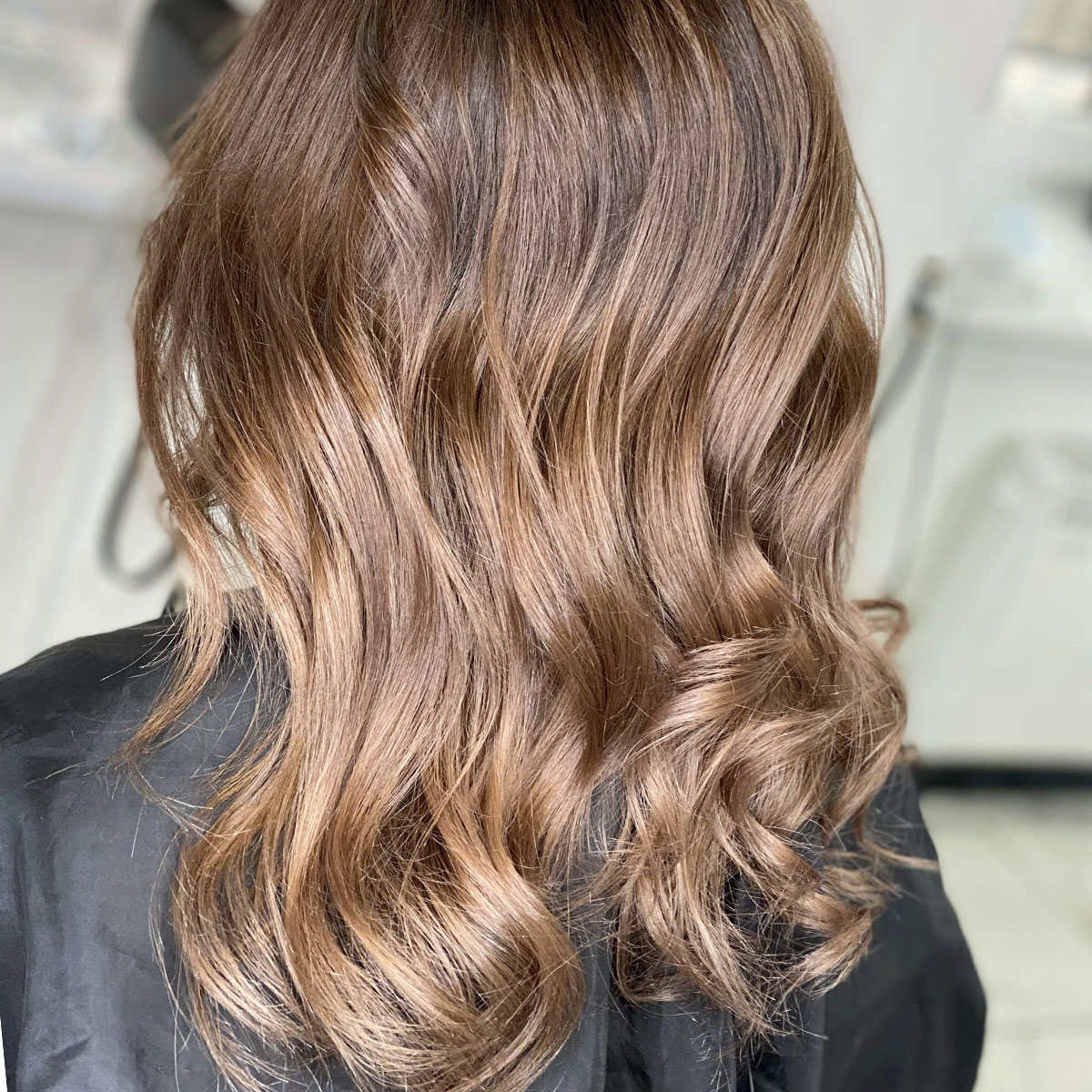
Shutterstock
First Off, What Is Biotin?
Biotin, Abdullah explains, is a “building block for keratin, which is also used by the hair, skin and nails.” Having sufficient biotin in the body, she says, contributes to “longer, stronger, shinier hair and nails and better skin elasticity.” Biotin, she continues, helps “increase circulation to the scalp, which helps the hair follicles produce a better quality of hair and more of it.”
It’s believed that a “deficiency of biotin leads to hair loss,” Abdullah acknowledges. She says that when it comes to prioritizing nutrients in your diet and haircare products, she finds that “biotin is worth it.” It “increases circulation to the scalp to aid hair growth and stop hair thinning,” she reiterates.
While Abdullah, Factor and Kung agree that biotin is essential to include in your diet and shampoo, they have different opinions when it comes to the need for biotin supplements. Kung says that a diet rich in biotin is enough to support healthy hair growth, and supplements might not always be necessary.
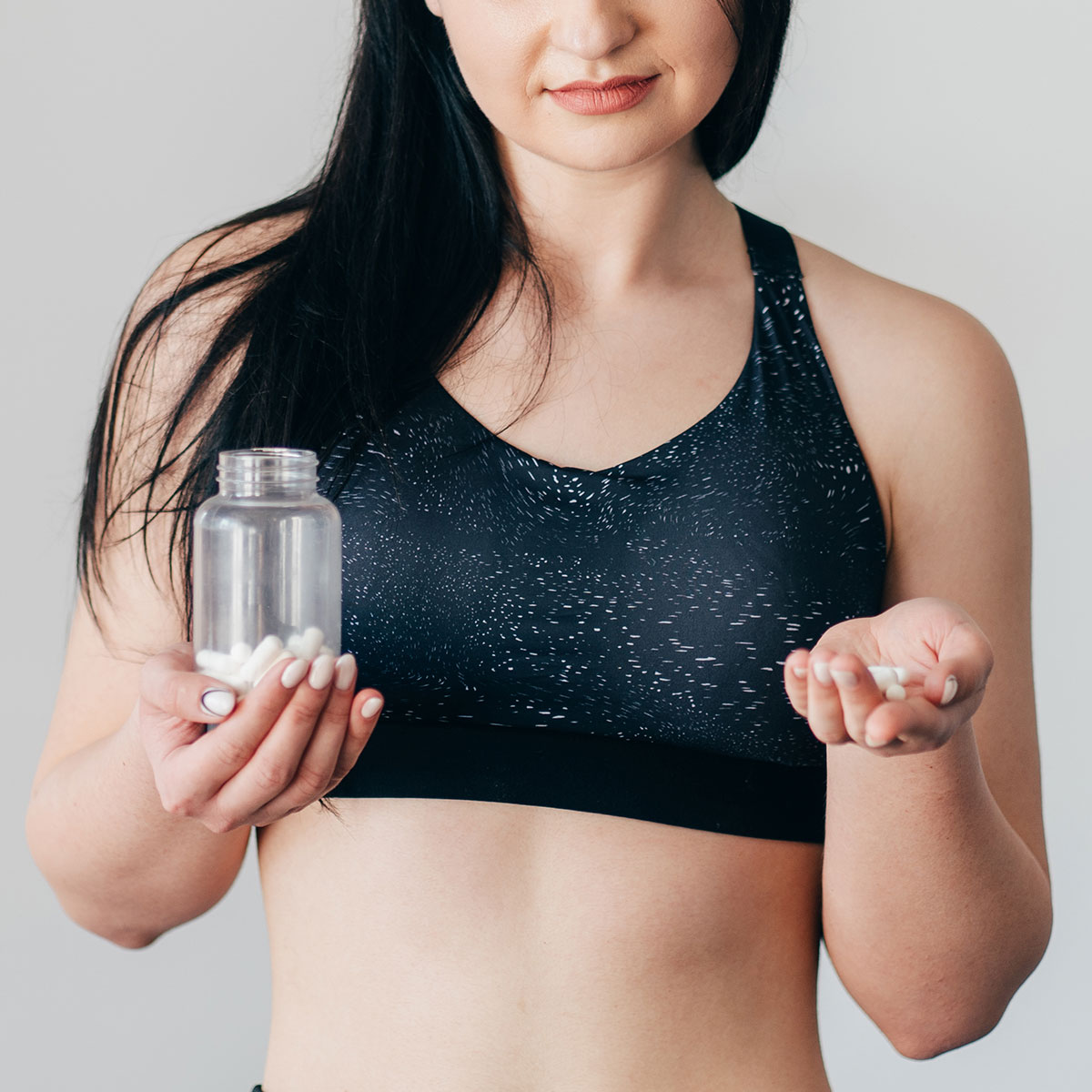
Shutterstock
Are Biotin Supplements Worth It?
“While signs of biotin deficiency include hair loss, skin rashes, and brittle nails, the efficacy of biotin in supplements for hair, skin, and nails as a means to remedy these conditions is not supported in large-scale studies,” Kung says.
Biotin, she continues, is “actually the only B vitamin our body produces.” In addition, she believes that “a normal Western diet normally offers an adequate amount of biotin, which we derive from consuming protein.” Therefore, Kung says that “biotin supplements for hair, nails, and skin offer more than daily recommended intake, and this is unnecessary if we are healthy.”
Abdullah and Factor note that biotin supplements can offer some benefits for anyone struggling with a deficiency, but ultimately, it’s best to visit your dermatologist and have your hair assessed before taking anything. When it comes to diet, Factor offers helpful biotin-rich suggestions to plan your meals if hair growth is your goal.
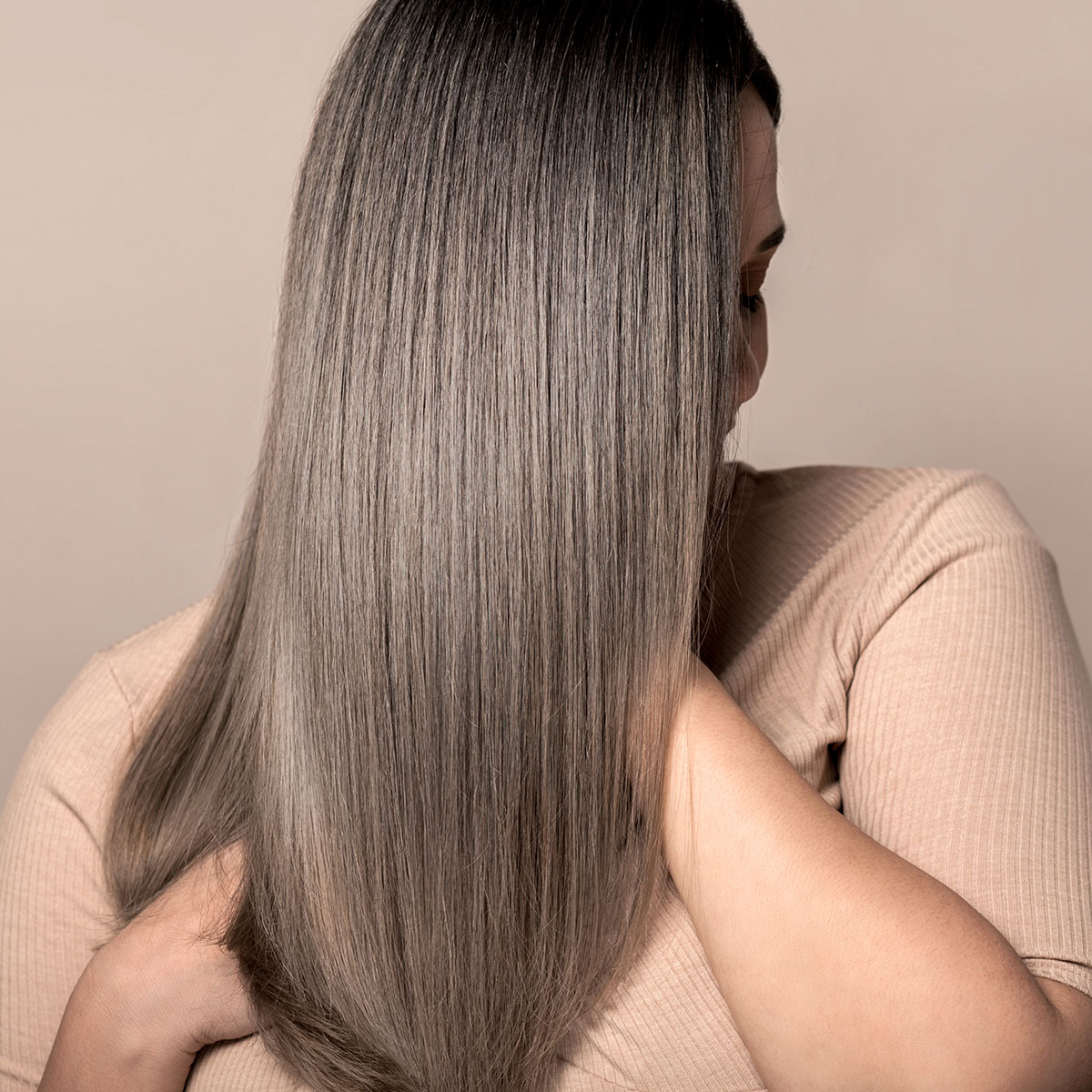
Shutterstock
The Benefits of a Biotin-Rich Diet
Something all of our experts agree on is that biotin is essential for a hair-healthy diet. “Many people want strong and healthy hair, especially as they grow older,” Factor says. Interestingly, your hair grows “around 0.5 inches (1.25 cm) per month, and 6 inches (15 cm) per year,” she adds.
“How fast it grows depends on factors like age, health, genetics and diet. Although you can’t change factors like age and genetics, diet is one thing you have control over,” Factor points out.
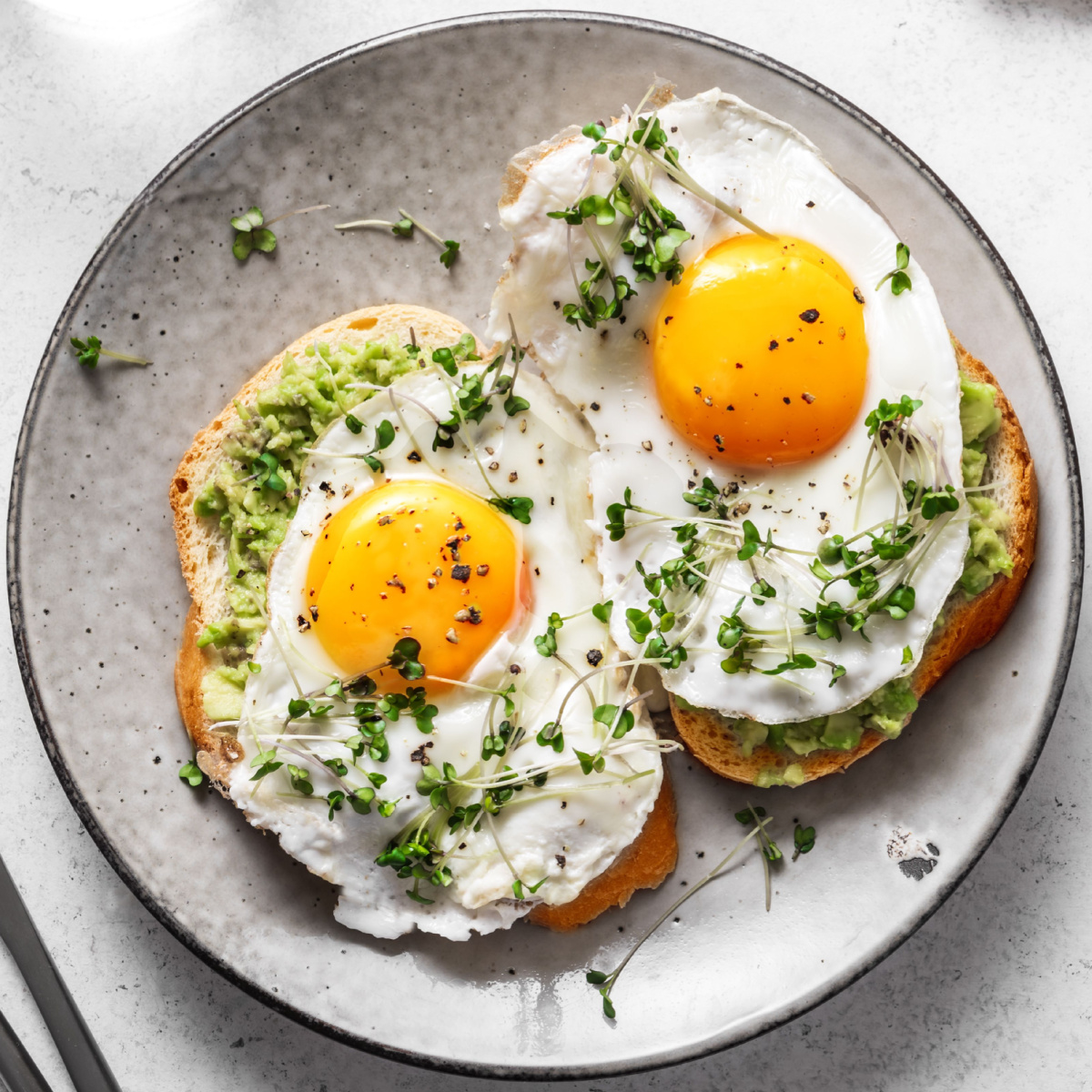
Shutterstock
“In fact, consuming a diet lacking the right nutrients can lead to hair loss,” she warns. “On the other hand, eating a balanced diet with the right nutrients can help promote hair growth, especially if you’re experiencing hair loss due to poor nutrition.”
Factor says that “legumes, like lentils, are packed with nine essential vitamins and minerals, including B vitamins and biotin.” She also recommends eating more eggs, as they “also contain B12, vitamins A and E, iron, and biotin.” Biotin has been “scientifically shown to increase fingernail thickness and reduce brittleness and splitting,” she also notes.
“What you eat can have a huge effect on the health of your hair,” Factor stresses while also listing nuts, seeds, liver, sweet potatoes, mushrooms and bananas as more biotin-rich foods. “A lack of the right nutrients including vitamins A, C, D and E, zinc, B vitamins, iron, biotin, protein and essential fatty acids may slow down hair growth or even cause hair loss,” she goes on.
One other way to obtain the benefits of biotin for your hair is through your hair products, Abdullah says, specifically when it comes to shampoos and serums
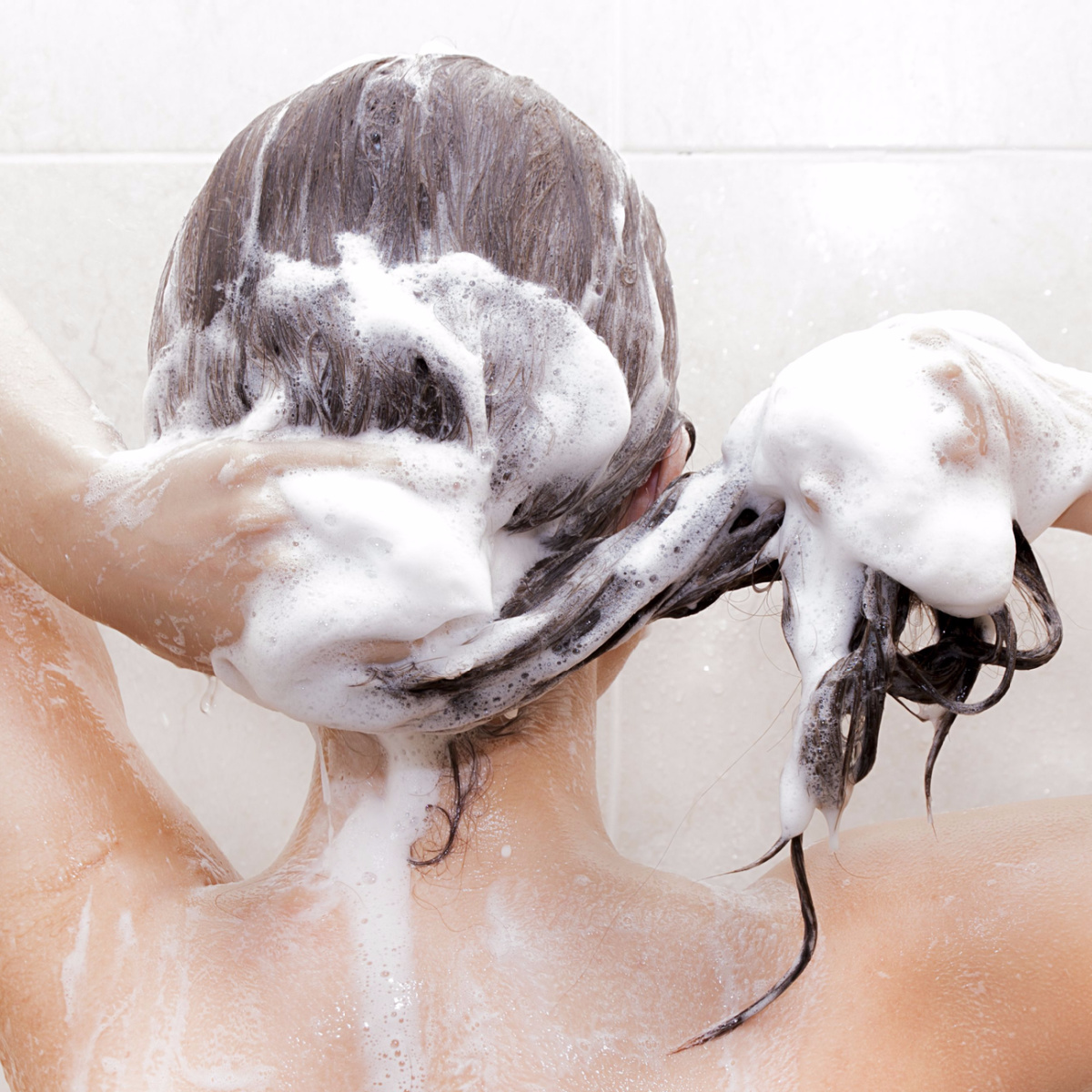
Shutterstock
How Do Shampoos and Serums with Biotin Work for Hair Growth?
“Using shampoo with biotin” is one of the “easiest ways to help reverse the effects of aging on hair,” Abdullah says, which can “manifest as thinning and brittleness.” Biotin is the “ingredient to look for in shampoo if you want thicker, fuller, healthier hair,” she continues.
When used in shampoo, this ingredient “goes directly into the hair follicles,” Abdullah adds, and this is a crucial area to nourish if you want your tresses to grow healthily. “I would also look for biotin in a hair serum,” Abdullah goes on.
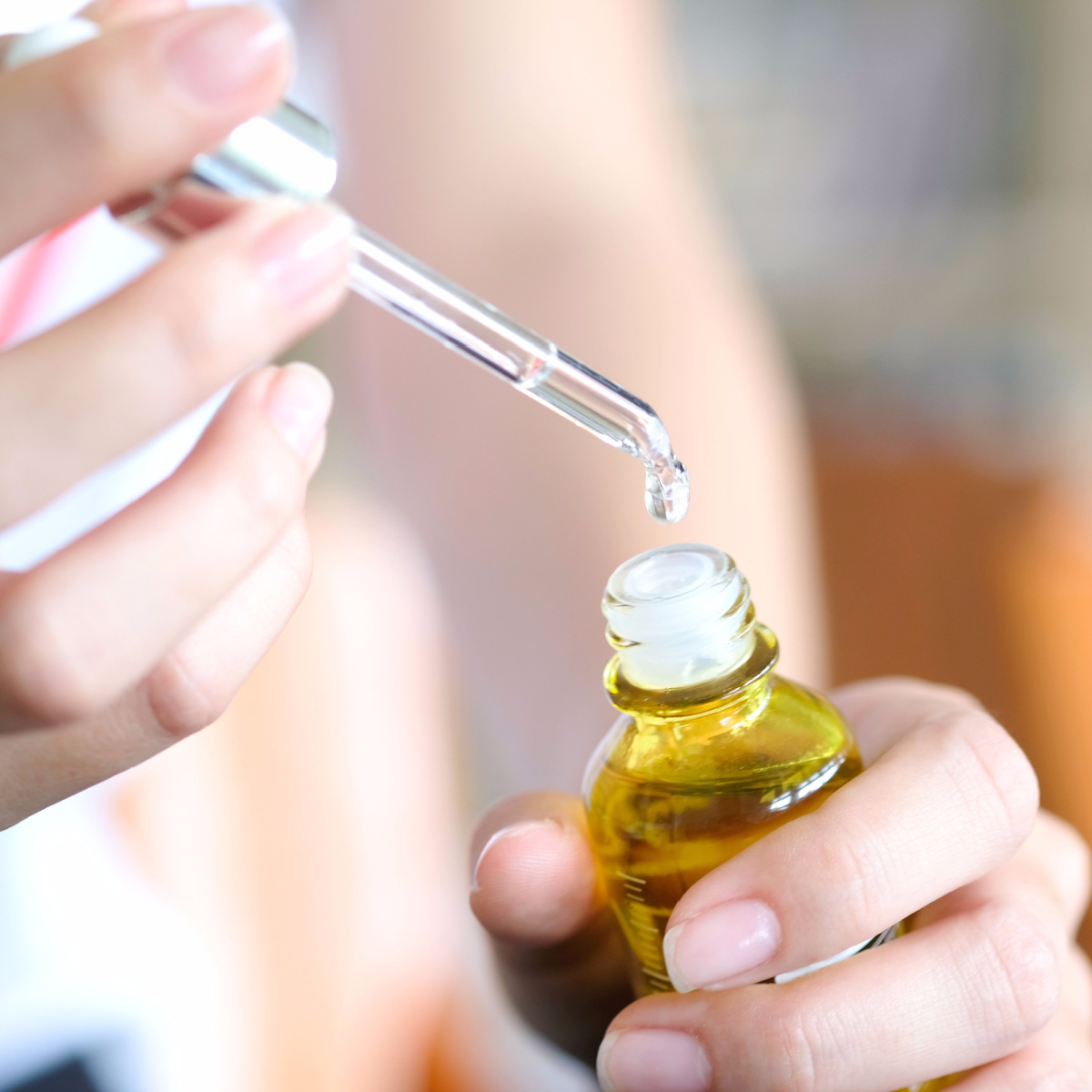
Shutterstock
“Be aware, though,” she urges, that biotin doesn’t “actually stop hair from falling out, although it does decrease inflammation in the scalp that can cause hair loss.” What it does is “increase the rate at which new hair grows back after using other hair loss treatment methods,” she concludes.
Overall, “biotin stimulates hair growth by increasing energy synthesis within the blood and delivering more blood flow to the scalp,” Abdullah says. So whether you’re “adding it to your diet or using it topically, it’s bringing nutrients to the hair follicle where they are needed most.”
The more you know!




